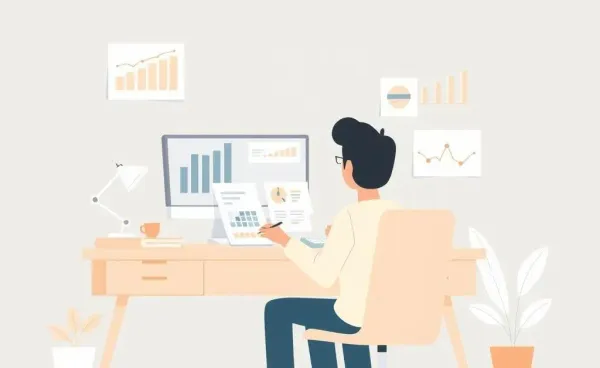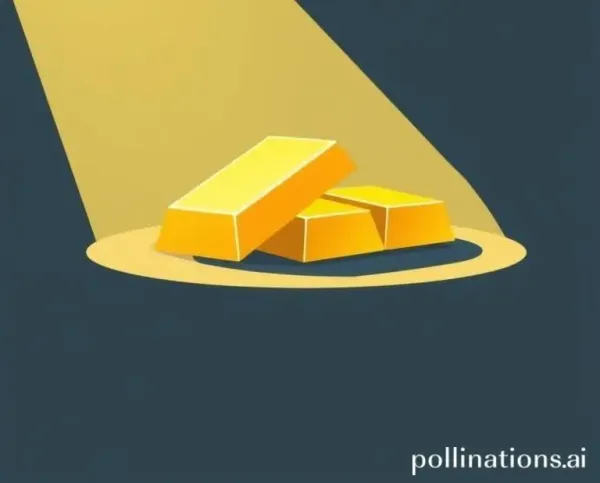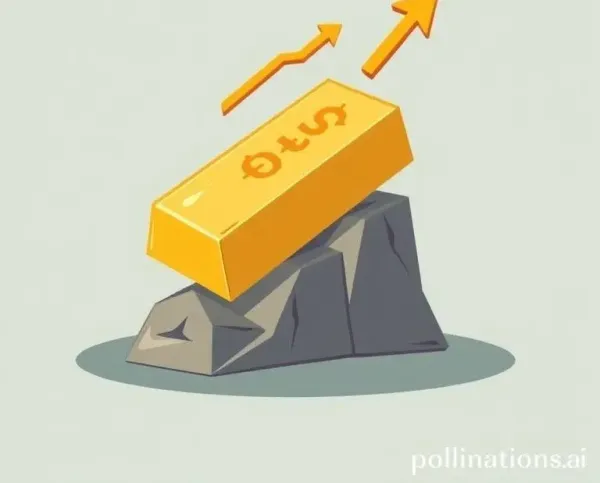Unlocking the Mystery of PMI: How to Dodge Extra Costs on Your Home Loan
Learn what PMI is and how to avoid it when financing your dream home.
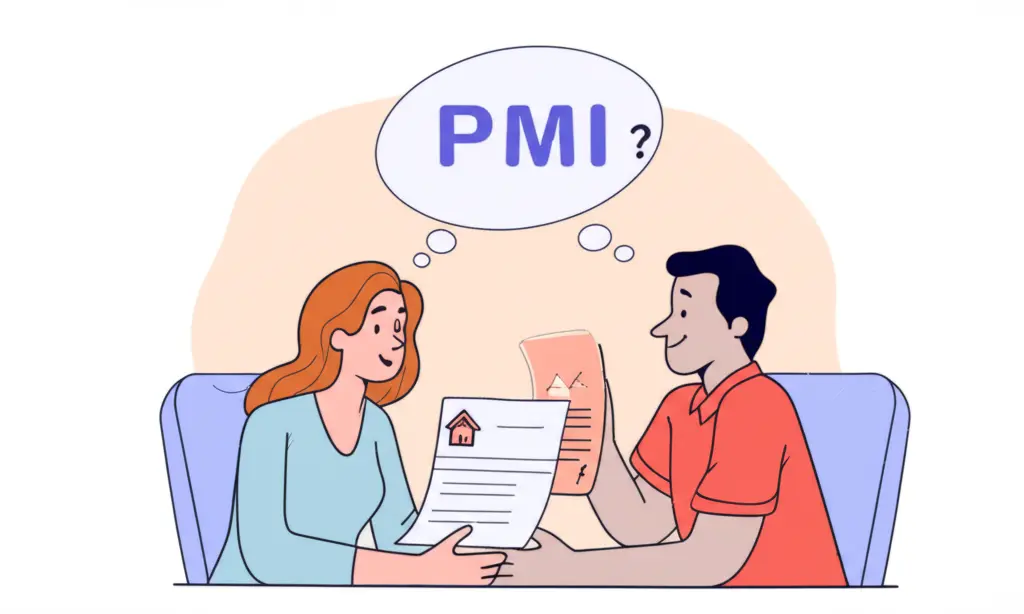
Hey there! So, you're thinking about buying a house, or maybe you're just curious about the home-buying process. Either way, you're in the right place. Today, I want to unravel the mystery of Private Mortgage Insurance, or PMI, and how you can avoid adding it to your financial worries.
What Exactly is PMI?
Let's kick things off with the basics. PMI is a type of insurance that your mortgage lender might require you to purchase if your down payment is less than 20% of the home's purchase price. It protects the lender in case you stop making payments on your loan. It's important to note that PMI is different from homeowner's insurance, which covers damage to your home and personal belongings.
Why Should You Avoid PMI?
PMI can add hundreds of dollars to your monthly mortgage payment without contributing to your equity, which is why many home buyers seek ways to avoid it. Reducing the PMI burden means you'll have more money in your pocket or to spend on your actual home investment.
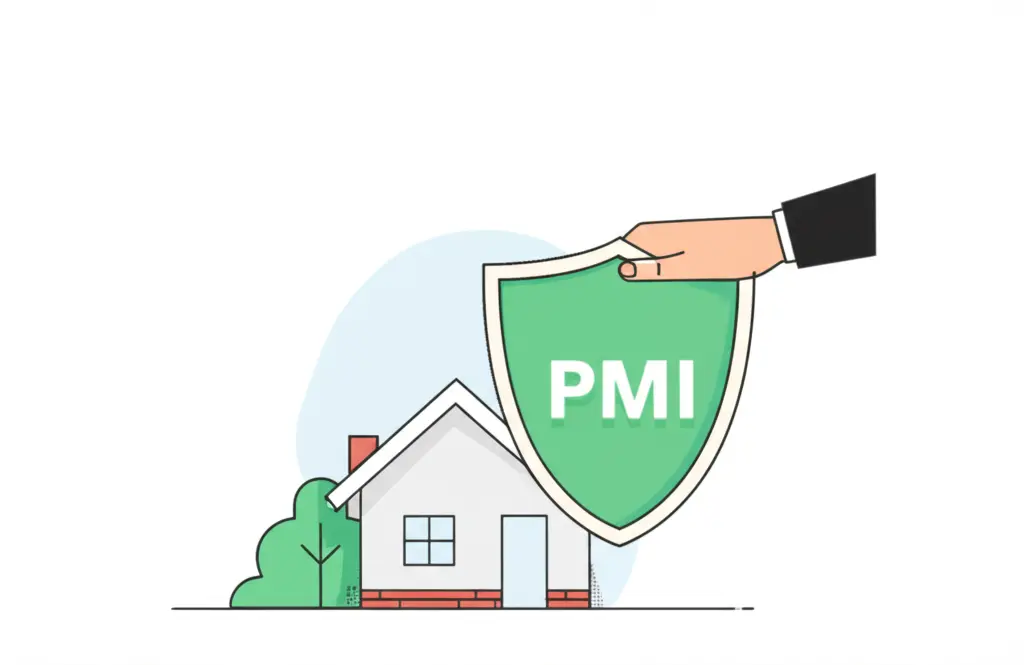
How to Sidestep PMI Costs
- Increase Your Down Payment: This might seem obvious, but if you can save up a larger down payment, you'll sidestep PMI entirely. Aim for 20%, and not only do you avoid PMI, but you'll also start with more equity in your home.
- Choose a Loan without PMI: Some loans, like certain veterans or military loans, don't require PMI.
- Consider a Piggyback Loan: Some borrowers use a second loan, often referred to as an 80-10-10 loan, to cover part of the down payment.
- Refinance When You Can: If your home value rises, you might refinance to eliminate PMI. Keep your eyes on the housing market!
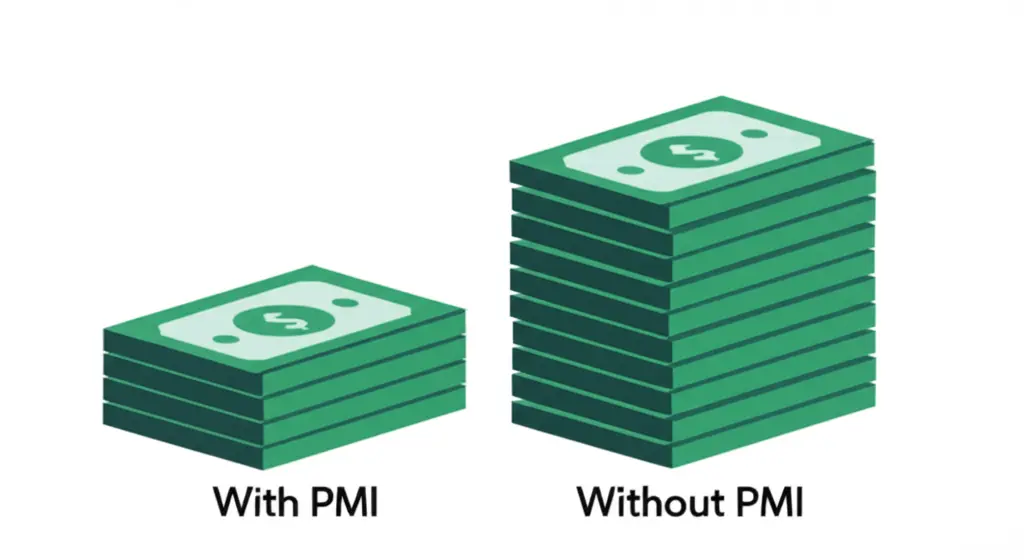
Making the Best Decision for You
Every financial situation is unique, so it's best to consult with a trusted financial advisor or mortgage broker who can provide insight into your individual circumstances. Sometimes it might make sense to opt for a smaller down payment and save cash for future investments or emergencies.
At the end of the day, understanding PMI is a crucial step in homeownership planning—knowing how it works and how to avoid it can save a big chunk of change.
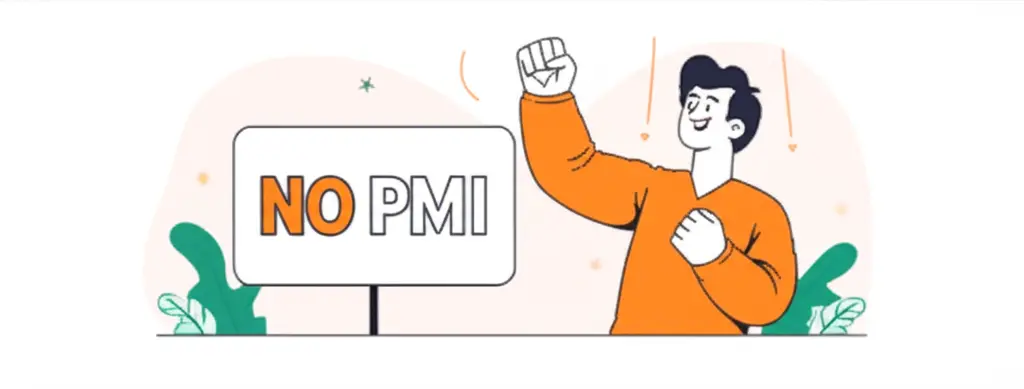
Wrapping Things Up
Avoiding PMI can be a great financial move, but it requires strategy and planning. How do you plan to handle PMI in your home-buying journey? Let me know your thoughts, and if you've got any questions or tips, feel free to share!


